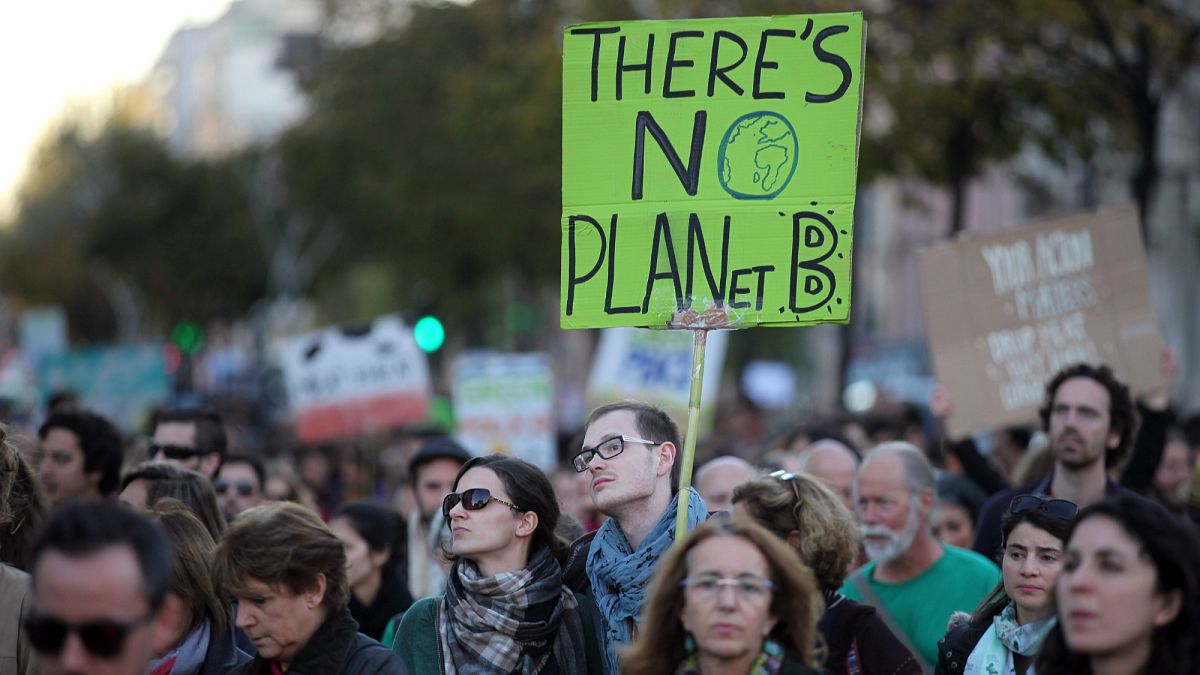Wealthy countries have been found to have lifestyle carbon footprints up to 17 times higher than climate targets, and there is one big culprit.
A new report from the Hot or Cool Institute has warned that meeting the Paris Agreement and limiting global warming to below 1.5°C will be “virtually impossible” without also addressing inequality and overconsumption.
The Berlin-based thinktank analysed the lifestyle carbon footprint for 25 countries, covering high, upper-middle, and lower-middle incomes – the broadest assessment of its kind.
It found that high-income countries must slash their average lifestyle emissions by 82 to 94 per cent.
However, none of the countries sampled were on track to meet climate targets either, with upper-middle income countries and lower-middle income countries needing to cut their average lifestyle emissions by up to 81 and 67 per cent, respectively.
High-income countries with the highest lifestyle carbon footprint
The United States topped the rankings, with average emissions coming out 17 times higher than needed for a Paris-aligned lifestyle. This was followed by Australia (12 times higher) and Canada (11 times higher).
Out of the 25 countries sampled, every EU country was categorised as high-income.
Italy was found to be the worst polluter, with lifestyle emissions 7.5 times higher than climate goals require, followed by Germany, Portugal, and Estonia.
Greece has the lowest average lifestyle emissions within the high-income bracket, but is still exceeding targets by over five times.
‘A stark choice’
“The remaining carbon budget is now so small that national governments across the world will face a stark choice over whether to focus on meeting societal needs or addressing the impacts of climate change, unless drastic measures are urgently taken,” says Dr Lewis Akenji, executive director of Hot or Cool Institute and lead author of the report.
“The climate and social crises are inseparable, with rising emissions and widening inequalities reinforcing one another.”
What lifestyle changes can lower my carbon footprint?
Researchers outlined three key areas to “directly address overconsumption” and considerably reduce per capita lifestyle carbon footprints.
Nutrition, housing, and transport consistently ranked as the primary drivers of lifestyle-related emissions, accounting for 66 to 95 per cent of the total lifestyle carbon footprint across income groups.
As a result, the experts recommend adopting a plant-based, vegetarian, or planetary health diet that can cut 1,000–2,500 kilograms of CO₂e per person annually, depending on the country’s context.
Ditching private cars in urban areas and shifting to public or active transport – as well as “reshaping urban planning” so more people live closer to work or school – can also have a sizeable impact.
Both of these factors can save more than 1,000 kg of CO₂e per person per year, particularly in car-dependent nations.
Retrofitting buildings, using low-carbon materials, and moving over to clean heating and cooling systems can also reduce energy demand and lifestyle-related emissions “at scale”.
Will a ‘wealth cap’ help the environment?
However, personal lifestyle changes will only help to an extent, as the wealthiest top 10 per cent of the global population is responsible for nearly half of all emissions, and the bottom 50 per cent accounts for less than a third.
The report therefore calls for “systemic change”, arguing that implementing globally coordinated taxes and wealth caps is necessary to meet the Paris Agreement.
This includes progressive income, wealth, and inheritance taxes; comprehensive capital gains taxation; maximum income – minimum income ratios; and absolute wealth ceilings.
“Revenues should be redirected to fund universal basic services and sufficiency-oriented infrastructure,” the report adds.
“Today, globally coordinated action on wealth and taxation could both fund sufficiency for all and reduce social tensions that undermine climate co-operation.”

